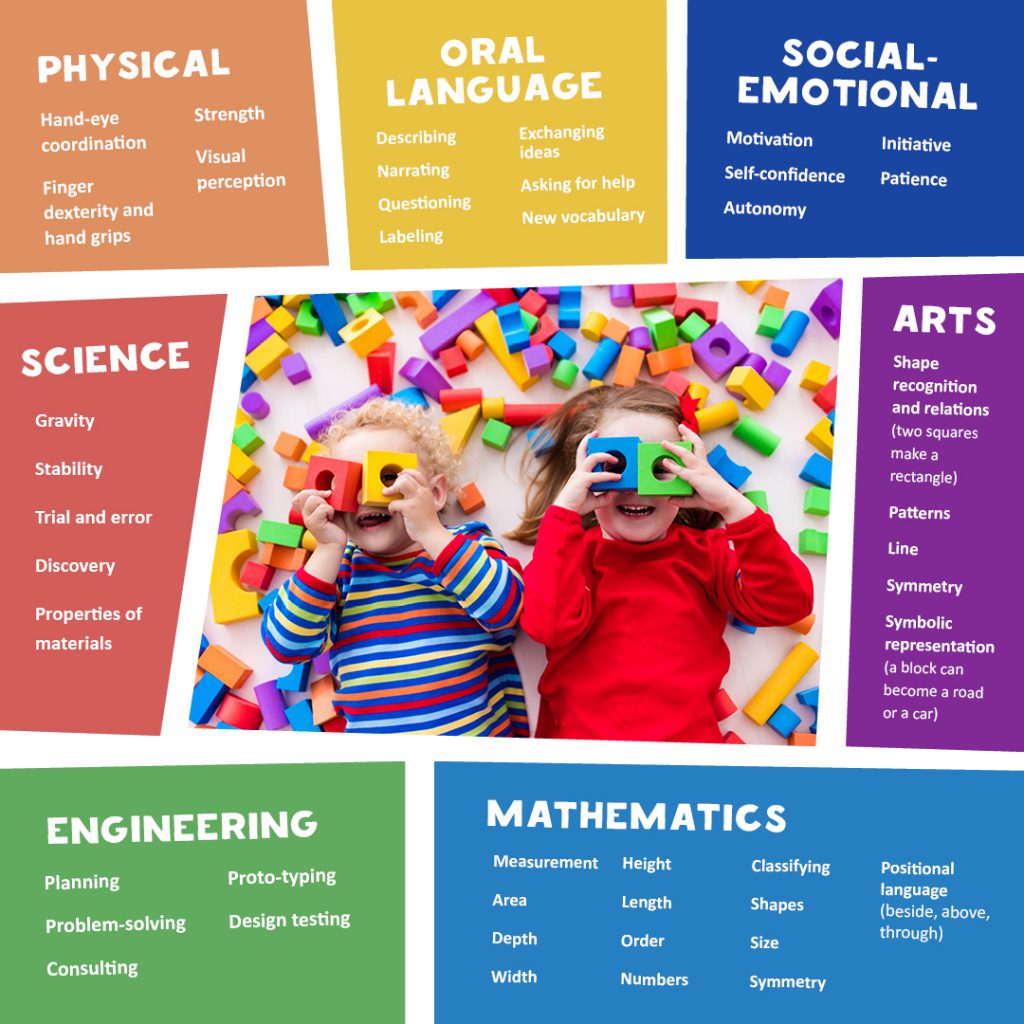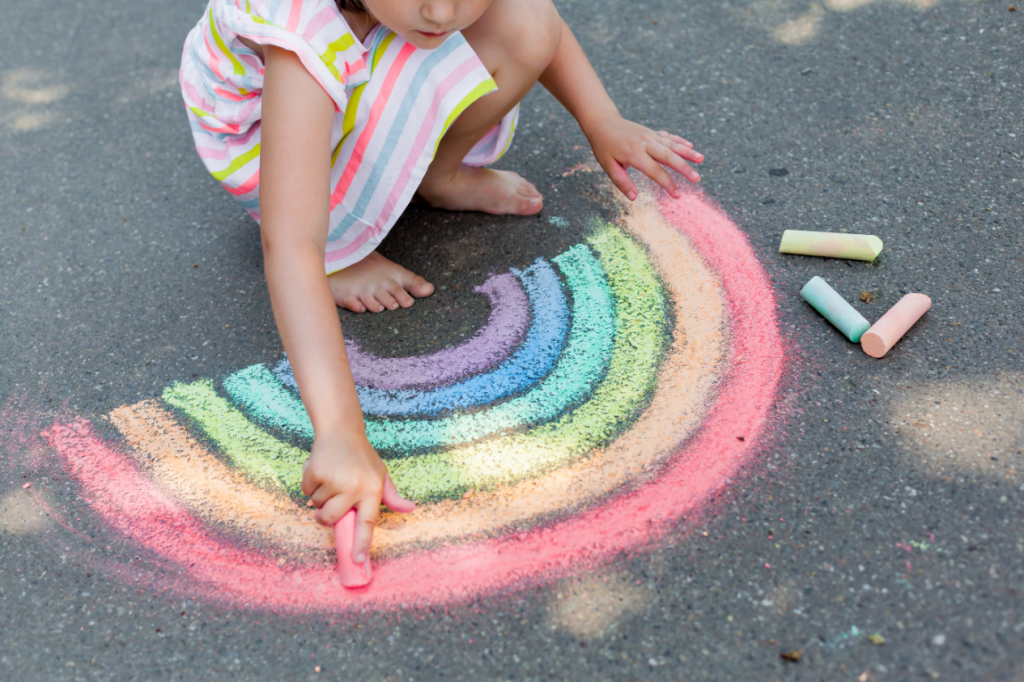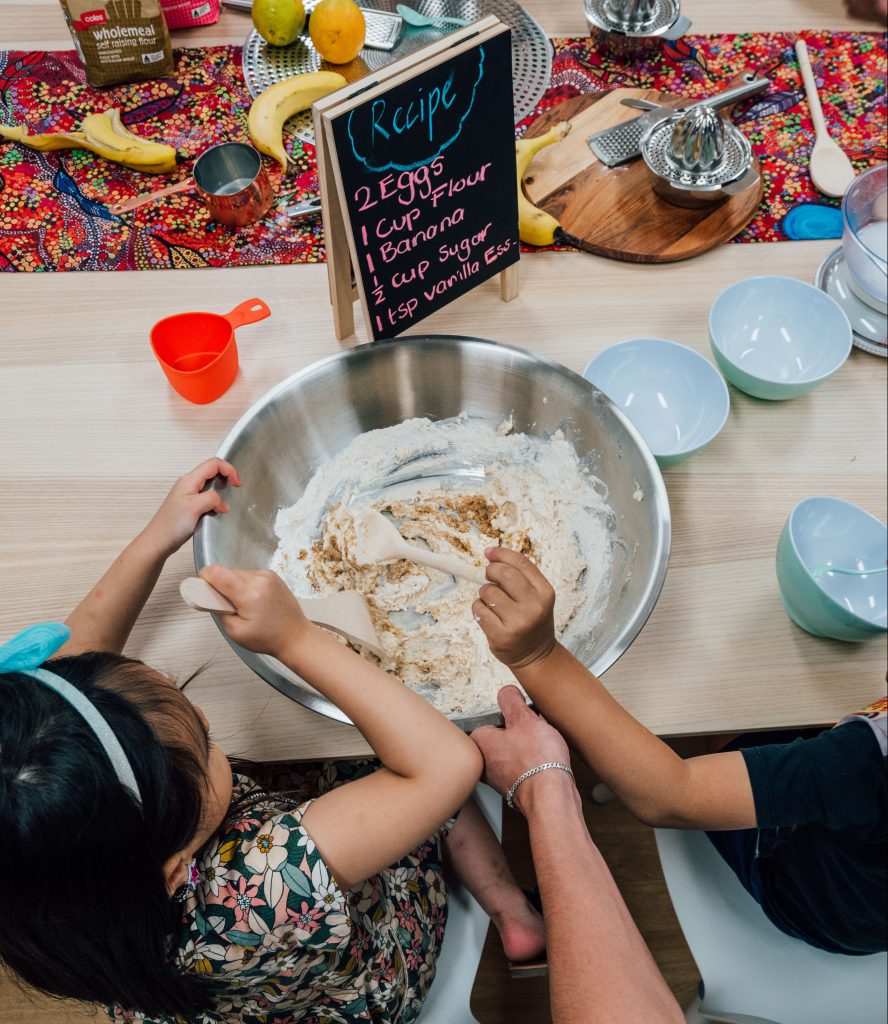By: G8 Education Team
For children, play is serious learning. Play gives children time and space to explore, experiment, and create. Through play, your child learns and practices literacy and numeracy skills, physical skills, vocabulary, and cognitive skills including concentration, memory and problem-solving.
Playing with blocks or Lego™ is a common activity for children at home and in childcare centres. While fine motor skills usually come to mind in terms of the benefits of block play, there are many other benefits for your child such as developing foundational numeracy and scientific skills, along with new vocabulary. The many benefits of block play for your child’s learning and development can be seen here:

Blocks and Lego™ are examples of open-ended materials. Children are naturally innovative and creative, and love to play with materials or items that are open to plenty of possibilities.
Cardboard boxes become planes, cars, trucks, swimming pools, spaceships, zoos, hotels and so much more. Sheets or towels become cubby houses or hammocks. Stones, leaves, sticks and other natural materials become artworks as children arrange them within a frame or out on a footpath or grass. Wool or string become a maze as children stretch and tie long pieces across the lounge room, hallway or the backyard to move over, under, through and around. Everyday activities involving play with open-ended materials provide foundational skills for later learning in a range of areas.
Your home is full of rich materials for children to explore; from pots and pans in kitchen cupboards, to small boxes your child can fill with treasures. Allow your child to lead the play and delight in their discoveries. Listen to their ideas and questions and use everyday moments to help them make connections in their learning.
It is important to slow down with young children. Listen to what your child is saying through their actions and words and consider how you might respond to support your child to extend their interest or to think deeper.
Children are always learning when they play. As an adult, you play a critical role in facilitating and building on play opportunities to help your child develop foundational skills for learning and their overall development. You are your child’s first and most important teacher. Play provides both of you with the vehicle or context through which your child learns best.



